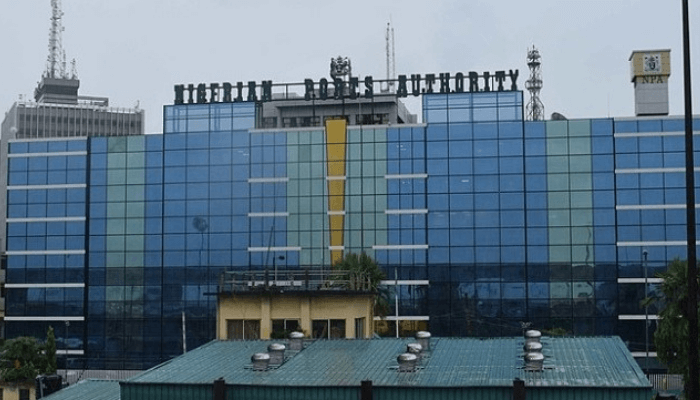Importers and exporters utilizing the Onne Port in Rivers State are bracing for significant changes as the West African Container Terminal (WACT) announces an upcoming adjustment to its tariff structure. Effective April 1, 2025, Terminal Handling Charges (THC) and storage fees will see notable increases, potentially impacting the cost of doing business within the facility.
WACT, the port terminal operator, confirmed the impending changes, citing “relevant regulatory approvals” as the basis for the adjustment. The announcement, released to the press, details an eight percent increase in THC and a substantial 100 percent rise in storage fees.
“We wish to inform you that WACT has reviewed its tariff in line with the relevant regulatory approval to adjust both Terminal Handling Charges and Storage fees chargeable at the terminal,” the statement read. This move, while potentially adding to operational costs, is presented as a necessary step to maintain and improve the terminal’s operational efficiency.
The significant increase in storage fees, in particular, raises concerns about potential cost escalations for businesses relying on the port. However, WACT has attempted to mitigate the impact by extending the storage-free period from three to five days. “We understand the inconvenience this may cause you; hence, the storage-free days have been adjusted from three free days to five free days,” the operator explained.
The stated goal of these adjustments, according to WACT, is to enhance “commercial activities, flexibility, reliability, and ensure a safe and cost-effective approach for both its business and that of its customers.” In essence, the operator aims to reinvest the increased revenue into improving the port’s infrastructure and services.
I understand the delicate balance between operational costs and service delivery. Port operators often face challenges in maintaining infrastructure and keeping pace with evolving industry standards. Adjusting tariffs, while potentially unpopular, can be a necessary measure to ensure long-term sustainability.
Read Also: Nigerian Ports Authority Secures 15% Tariff Increase After 30 Years, Sparks Debate
However, the 100% surge in storage fees is a dramatic change. It is critical for stakeholders to understand the underlying economic justifications for such a steep increase. Questions remain regarding the specific regulatory approvals obtained and the detailed breakdown of how the increased revenue will be utilized to improve port operations. Transparency and open communication will be essential in navigating this transition.
The impact of these changes will be closely monitored, particularly on small and medium-sized enterprises (SMEs) that may find it challenging to absorb the increased costs. The ripple effects could extend to consumer prices, potentially impacting the broader economy.
As WACT prepares to implement these tariff adjustments, they have committed to making the new rates available on their website on the effective date. “We appreciate your understanding and cooperation, enabling us to continue to deliver best-in-class service to you,” the statement concluded.
The Nigerian Ports Authority (NPA), as the regulatory body overseeing port operations, will play a crucial role in ensuring that these adjustments are implemented fairly and transparently. The NPA’s oversight will be vital in safeguarding the interests of all stakeholders and ensuring that the Onne Port remains a competitive and efficient gateway for international trade.













